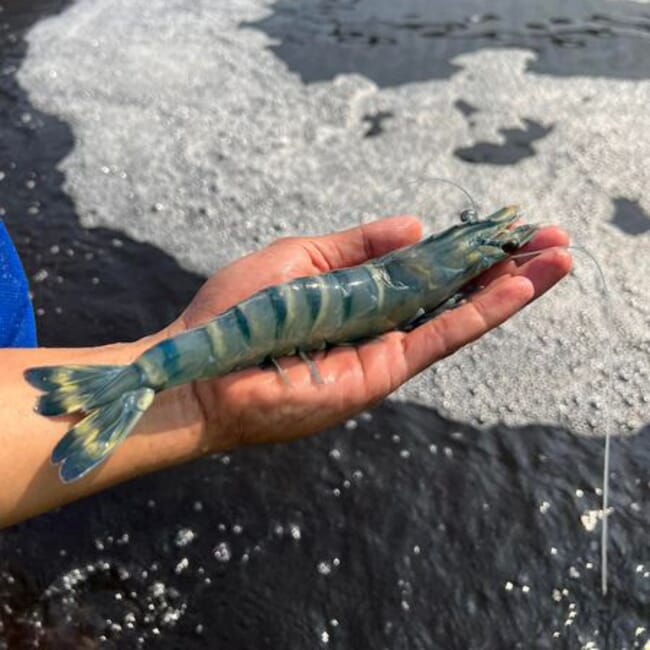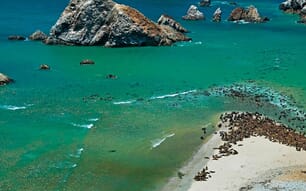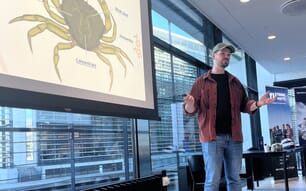
© Dr Stephen Newman
The policy, developed with significant input from the Aquatic Life Institute, acknowledges crustaceans as sentient beings and addresses their welfare during farming, transport, and slaughter across Hilton’s supply chain. This new policy represents a notable advancement in the seafood sector and is expected to influence industry practices.
The policy builds on Hilton Foods' existing Animal Welfare Policy, which outlines eight key welfare objectives for various animal species. Key aspects of the new crustacean welfare policy include:
- A commitment to ending eye-stalk ablation in UK supply chains by 2026.
- A guarantee of 100% stunning of farmed crustaceans before slaughter, using either electrical or thermal methods, as well as for wild crabs and lobsters.
- An initiative to explore environmental enrichments to enhance the rearing conditions for crustaceans, including appropriate stocking densities on farms.
- A pledge to source farmed crustaceans from independently certified farms, with accepted certifications including Global Gap, Best Aquaculture Practice, Aquaculture Stewardship Council, and Organic Certification.
Teresa Fernandez, aquaculture specialist at Hilton Seafood UK, remarked, "We are pleased to have the support of Aquatic Life Institute for our work on animal welfare. Their assistance in shaping this policy underpins our shared commitment to promoting responsibility across this area.”
The global aquaculture industry has seen substantial growth over the past two decades. In 2018, aquaculture produced approximately 9.4 million tonnes of decapod crustaceans, potentially involving over 600 billion individual animals. As demand for crustaceans continues to rise, so does public concern about their welfare, particularly in light of recent findings suggesting that decapod crustaceans experience pain and have complex cognitive abilities. The 2022 UK legislation recognising decapod crustaceans as sentient beings has further highlighted the need for enhanced welfare standards.
The Aquatic Life Institute played a key role in advising on the policy’s development, focusing on ensuring its effectiveness and transparency. The institute, dedicated to improving welfare standards for aquatic animals globally, aims to support policies that attract and retain customers, foster brand loyalty, and set high industry benchmarks.
Sophika Kostyniuk, managing director of the Aquatic Life Institute, stated, “As a global leader in the food industry, Hilton Food sets a strong example for how to prioritise welfare during the farming, transport, and slaughter of crustaceans in their crustacean policy statement. By expanding their own definition of sustainability to include welfare, Hilton Foods is demonstrating that the animals themselves must be granted specific considerations – a notion that is beginning to gain traction around the world. Aquatic Life Institute is proud to have supported Hilton Foods throughout the development of this transformative statement.”
Hilton Foods, a leading international food and supply chain service provider, is known for its innovative approaches to animal welfare. The company first demonstrated its commitment to crustacean welfare with a 2021 pilot project in collaboration with Tesco, which introduced electrical stunning for whiteleg prawns. Hilton Foods, which reported revenues of £3.85 billion in 2022, operates across 19 markets and partners with top retail and foodservice brands. The company’s portfolio spans multiple food categories, including meat, seafood, vegan and vegetarian options, easy meals, and supply chain services.




